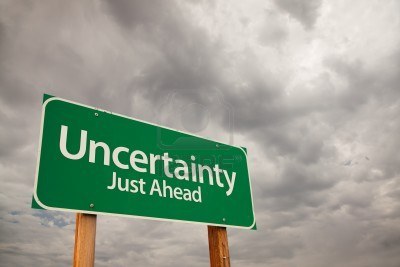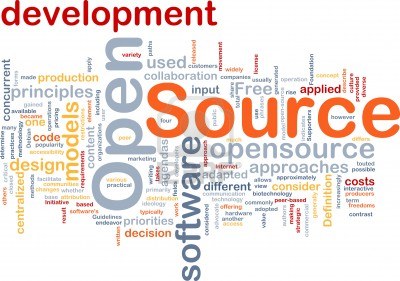Professor Scott Bell
Director, The Spatial Initiative
University of Saskatchewan
117 Science Place, Saskatoon, SK S7N 3C8
Governments have long provided their citizens with high quality data through centralized services. Generally, these are collected as a population census with an additional and more detailed sampled survey. In Canada, the former is known as the short form census and the latter was called the long form until 2010. The short form provides an accurate count of the total population at the time of the census, while the long form has provided more detailed information about our people. In Canada, the census is collected every 5 years by Statistics Canada (StatsCan), an agency of the federal government. In 2010 an Order in Council altered the past practice of a simultaneous short and long form census to a separate short form and National Household Survey (NHS). The primary difference between the NHS and the long form is that the NHS is not mandatory, whereas the long form was compulsory by law. There have been concerns from many different stakeholders about the value of the NHS as a statistically valid and reliable representation of Canada’s people. StatsCan is not alone in transitioning to a different detailed data collection tool. The US Census has changed the way it collects such data as well; with the introduction of the American Community Survey (ACS). In doing this, they have switched from a decennial short and long form census to a decennial short form census and an annual detailed survey (the ACS). This research will contextualize the introduction of the NHS in Canada with the ACS in the United States.

